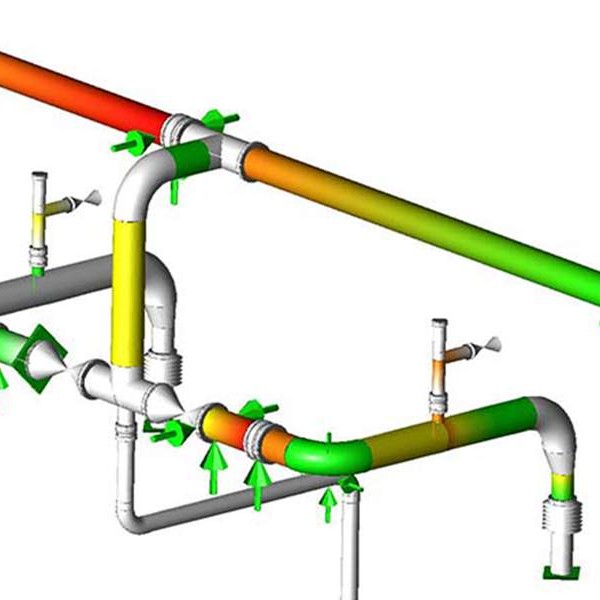
-
 Afrikaans
Afrikaans -
 Albanian
Albanian -
 Amharic
Amharic -
 Arabic
Arabic -
 Armenian
Armenian -
 Azerbaijani
Azerbaijani -
 Basque
Basque -
 Belarusian
Belarusian -
 Bengali
Bengali -
 Bosnian
Bosnian -
 Bulgarian
Bulgarian -
 Catalan
Catalan -
 Cebuano
Cebuano -
 China
China -
 China (Taiwan)
China (Taiwan) -
 Corsican
Corsican -
 Croatian
Croatian -
 Czech
Czech -
 Danish
Danish -
 Dutch
Dutch -
 English
English -
 Esperanto
Esperanto -
 Estonian
Estonian -
 Finnish
Finnish -
 French
French -
 Frisian
Frisian -
 Galician
Galician -
 Georgian
Georgian -
 German
German -
 Greek
Greek -
 Gujarati
Gujarati -
 Haitian Creole
Haitian Creole -
 hausa
hausa -
 hawaiian
hawaiian -
 Hebrew
Hebrew -
 Hindi
Hindi -
 Miao
Miao -
 Hungarian
Hungarian -
 Icelandic
Icelandic -
 igbo
igbo -
 Indonesian
Indonesian -
 irish
irish -
 Italian
Italian -
 Japanese
Japanese -
 Javanese
Javanese -
 Kannada
Kannada -
 kazakh
kazakh -
 Khmer
Khmer -
 Rwandese
Rwandese -
 Korean
Korean -
 Kurdish
Kurdish -
 Kyrgyz
Kyrgyz -
 Lao
Lao -
 Latin
Latin -
 Latvian
Latvian -
 Lithuanian
Lithuanian -
 Luxembourgish
Luxembourgish -
 Macedonian
Macedonian -
 Malgashi
Malgashi -
 Malay
Malay -
 Malayalam
Malayalam -
 Maltese
Maltese -
 Maori
Maori -
 Marathi
Marathi -
 Mongolian
Mongolian -
 Myanmar
Myanmar -
 Nepali
Nepali -
 Norwegian
Norwegian -
 Norwegian
Norwegian -
 Occitan
Occitan -
 Pashto
Pashto -
 Persian
Persian -
 Polish
Polish -
 Portuguese
Portuguese -
 Punjabi
Punjabi -
 Romanian
Romanian -
 Russian
Russian -
 Samoan
Samoan -
 Scottish Gaelic
Scottish Gaelic -
 Serbian
Serbian -
 Sesotho
Sesotho -
 Shona
Shona -
 Sindhi
Sindhi -
 Sinhala
Sinhala -
 Slovak
Slovak -
 Slovenian
Slovenian -
 Somali
Somali -
 Spanish
Spanish -
 Sundanese
Sundanese -
 Swahili
Swahili -
 Swedish
Swedish -
 Tagalog
Tagalog -
 Tajik
Tajik -
 Tamil
Tamil -
 Tatar
Tatar -
 Telugu
Telugu -
 Thai
Thai -
 Turkish
Turkish -
 Turkmen
Turkmen -
 Ukrainian
Ukrainian -
 Urdu
Urdu -
 Uighur
Uighur -
 Uzbek
Uzbek -
 Vietnamese
Vietnamese -
 Welsh
Welsh -
 Bantu
Bantu -
 Yiddish
Yiddish -
 Yoruba
Yoruba -
 Zulu
Zulu
drilling anchor drill bits is a crucial task in the construction ...
The Importance of Selecting the Right Anchor Drill Bits in Construction
In the world of construction, the integrity and stability of structures depend heavily on the effective use of various materials and techniques. One of the critical tasks in this field is drilling, particularly when it comes to installing anchors. The type of anchor drill bits chosen can significantly affect the overall success of a project, emphasizing the importance of selecting the right tools for the job.
Anchor drill bits are specialized tools designed for making precise holes in concrete, masonry, and other tough materials, allowing for the secure installation of anchors that provide essential support to structures. These bits come in various shapes, sizes, and materials, each tailored to specific applications and conditions. Therefore, understanding the nuances of different anchor drill bits is crucial for any construction professional.
Types of Anchor Drill Bits
There are several types of anchor drill bits available in the market, each designed for particular conditions. The most common types include
1. Masonry Drill Bits These bits are typically made of carbide and are ideal for drilling into brick, block, and concrete. Their sharp cutting edges ensure a clean hole and are suitable for both light and heavy-duty applications.
2. Hammer Drill Bits Designed for use with a hammer drill, these bits feature a distinctive design that allows them to withstand high impact while drilling into hard surfaces. They are especially useful when working with reinforced concrete.
3. Diamond Drill Bits When it comes to extremely hard materials, diamond drill bits are the go-to choice. They are equipped with industrial-grade diamonds, enabling them to cut through tough surfaces with ease. These bits are ideal for jobs that require precision and are often used for installing high-strength anchors.
4. Auger Drill Bits These bits are designed for deeper holes and are often used in applications such as foundation drilling. Their spiral shape facilitates the removal of debris, allowing for efficient drilling in various substrates.
drilling anchor drill bits is a crucial task in the construction ...

Factors to Consider When Choosing Anchor Drill Bits
Selecting the right anchor drill bit involves considering several factors
- Material Type The material being drilled into will heavily influence the type of drill bit selected. For softer materials, standard masonry bits may suffice, while harder materials may require diamond or hammer drill bits.
- Drilling Depth The required depth of the hole should guide the choice of bit size and type. Auger bits are typically used for deep holes, while standard bits may be suitable for shallower applications.
- Anchor Type Different anchors require specific hole dimensions and tolerances. For example, wedge anchors necessitate a different approach compared to expansion anchors. Understanding the requirements of the anchor being used is essential.
- Drilling Technique The method of drilling, whether it be rotary, percussion, or hammer drilling, will also determine the type of bit needed. Each drilling technique pairs best with particular bit designs.
Conclusion
In conclusion, the task of selecting anchor drill bits is crucial in construction as it greatly affects project outcomes, safety, and stability. By understanding the different types of anchor drill bits and the factors influencing their selection, construction professionals can enhance efficiency and effectiveness in their projects. Proper tool selection not only ensures successful drilling but also extends the lifespan and reliability of the structure being built. Investing time in choosing the right drill bits ultimately leads to superior construction practices and outcomes.
Latest news
-
Exploring the Benefits of Top Hammer Drifter Rods for Enhanced Drilling PerformanceNewsJun.10,2025
-
High-Precision Fiberglass Winding Machine for GRP/FRP Pipe Production – Reliable & Efficient SolutionsNewsJun.10,2025
-
FRP Pipes & Fittings for Shipbuilding - Corrosion-Resistant & LightweightNewsJun.09,2025
-
Premium FRP Flooring Solutions Durable & Slip-ResistantNewsJun.09,2025
-
Premium Fiberglass Rectangular Tanks Durable & Lightweight SolutionNewsJun.09,2025
-
Tapered Drill String Design Guide Durable Performance & UsesNewsJun.09,2025









